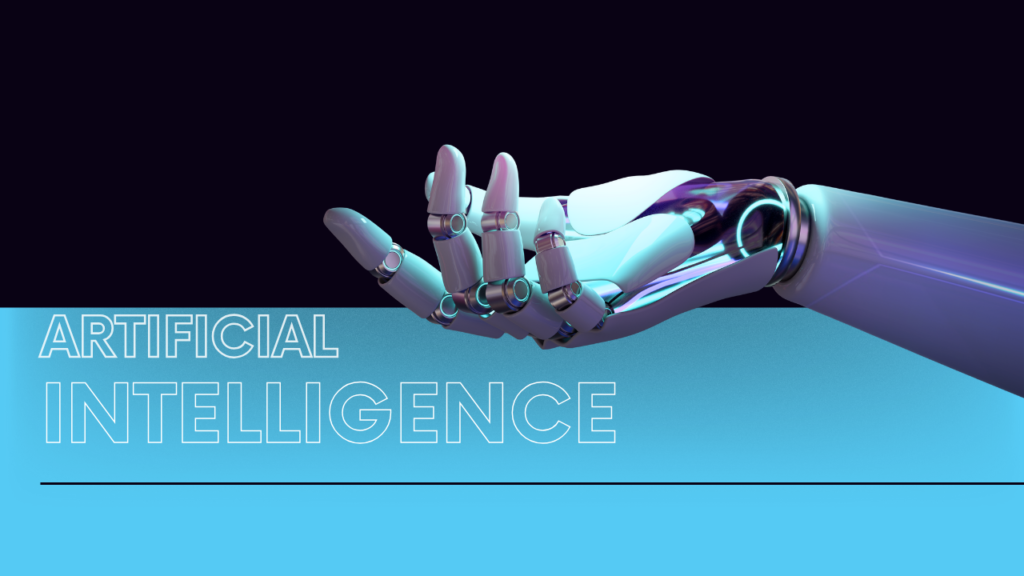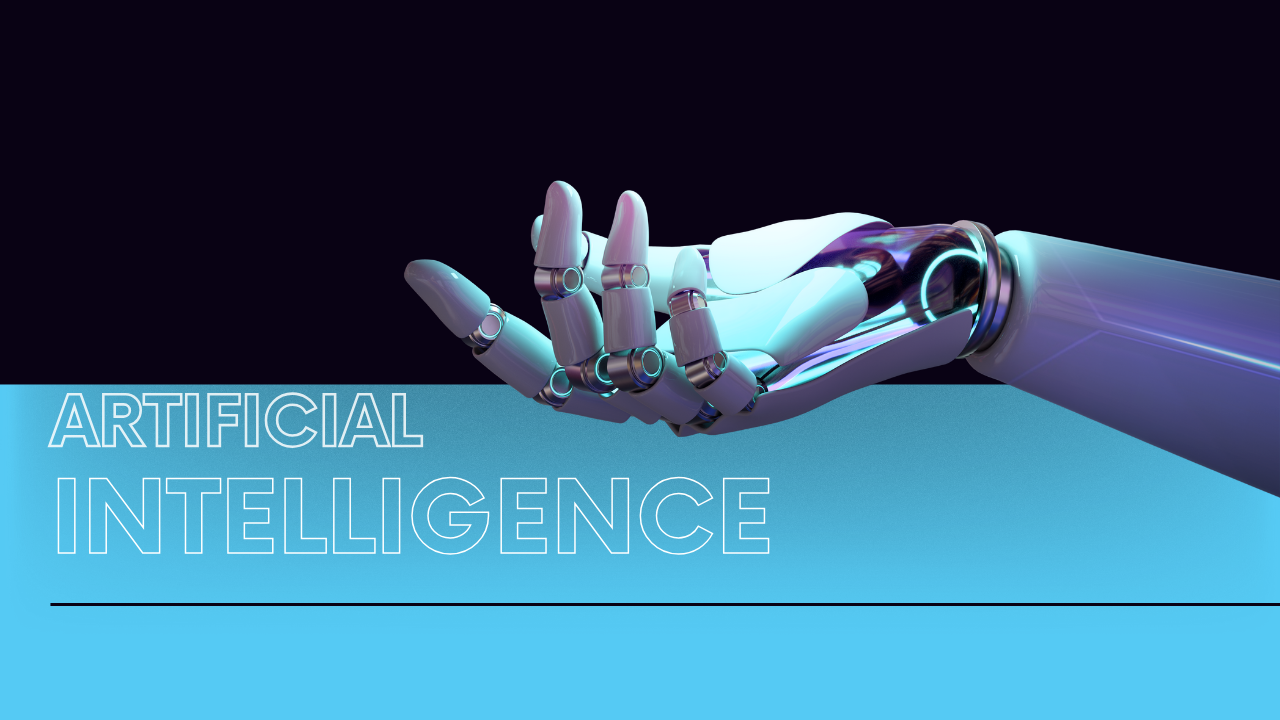Artificial Intelligence (AI) has rapidly evolved from a theoretical concept to a transformative force across industries. As we move forward into the next decade, AI is expected to continue its ascent, redefining how we live, work, and interact with technology. But what lies ahead for AI? What advancements can we anticipate, and what challenges must we overcome to realize the full potential of AI? This article explores the future of AI, focusing on emerging trends, potential applications, and the ethical considerations that will shape its trajectory.

The Evolution of AI: A Brief Overview
Before delving into the future, it’s essential to understand how AI has evolved to its current state. The journey of AI began in the 1950s with the advent of computer science, where researchers started developing algorithms capable of performing tasks that typically require human intelligence. Over the decades, AI has progressed through various phases, from rule-based systems to machine learning (ML) and deep learning, where neural networks mimic the human brain’s functioning.
Today, AI is integrated into various aspects of our lives, from virtual assistants like Siri and Alexa to recommendation systems on platforms like Netflix and Amazon. The rise of AI-driven automation, predictive analytics, and natural language processing (NLP) has significantly impacted industries like healthcare, finance, and manufacturing.
Emerging Trends in AI
As we look ahead, several key trends are likely to shape the future of AI:
- AI and Autonomous Systems: One of the most significant areas of AI development is autonomous systems, including self-driving cars, drones, and robotic automation. Companies like Tesla, Google, and Amazon are heavily investing in these technologies. The future will likely see a proliferation of autonomous vehicles on the roads, making transportation safer and more efficient. Similarly, drones could revolutionize logistics, from delivering packages to providing disaster relief in hard-to-reach areas.
- AI in Healthcare: AI is poised to revolutionize healthcare by enabling more accurate diagnoses, personalized treatment plans, and efficient drug discovery processes. Machine learning algorithms can analyze vast amounts of medical data to detect patterns that human doctors might miss. Additionally, AI-powered robots may assist in surgeries, improving precision and reducing recovery times. The future could see AI becoming an indispensable tool for medical professionals, enhancing patient outcomes and streamlining healthcare delivery.
- Natural Language Processing and AI Communication: The field of NLP has made significant strides, with AI systems like OpenAI’s GPT-4 capable of generating human-like text. As these systems become more advanced, we can expect AI to play a more prominent role in communication, from virtual customer service agents to real-time language translation. In the future, AI might enable seamless communication across languages and cultures, breaking down barriers and fostering global collaboration.
- AI and Creativity: Traditionally, creativity has been considered a uniquely human trait, but AI is challenging that notion. AI-powered systems can now create art, music, and literature, opening up new possibilities for creative expression. In the future, we may see AI collaborating with human artists, designers, and writers to produce innovative works that push the boundaries of creativity. This could lead to a new era of artistic exploration, where AI-generated content becomes a standard part of the creative process.
- Ethical AI and Governance: As AI continues to evolve, the ethical implications of its use become increasingly critical. Issues such as bias in AI algorithms, privacy concerns, and the potential for AI-driven surveillance are at the forefront of discussions around AI governance. Future developments in AI will likely be accompanied by new regulations and frameworks to ensure responsible AI use. This will require collaboration between governments, tech companies, and civil society to strike a balance between innovation and ethical considerations.
The Challenges Ahead
While the future of AI holds immense promise, several challenges must be addressed to realize its full potential:
- Data Privacy and Security: As AI systems rely heavily on data, ensuring the privacy and security of this data is paramount. With the rise of AI-driven surveillance and data collection, there are growing concerns about how personal information is used and who has access to it. Future advancements in AI will need to address these concerns, developing technologies that protect data privacy while enabling AI systems to function effectively.
- Bias and Fairness: AI systems are only as good as the data they are trained on. If this data is biased, the resulting AI models will also be biased, leading to unfair outcomes. This is a significant challenge in areas like hiring, law enforcement, and lending, where biased AI systems can perpetuate discrimination. Addressing bias in AI will require developing more transparent and accountable algorithms and diverse data sets that reflect a broader range of perspectives.
- AI and Employment: The rise of AI-driven automation raises concerns about job displacement. As machines become more capable of performing tasks traditionally done by humans, there is a risk that many jobs could become obsolete. However, AI also has the potential to create new job opportunities, particularly in fields related to AI development, maintenance, and oversight. The challenge will be to manage this transition effectively, ensuring that workers are equipped with the skills needed to thrive in an AI-driven economy.
- AI and Ethics: The ethical implications of AI are vast and complex. From autonomous weapons to AI in decision-making, the potential for AI to be used in harmful ways is a significant concern. As AI systems become more integrated into society, there will be a growing need for ethical frameworks that guide their development and use. This will require ongoing dialogue between technologists, ethicists, and policymakers to ensure that AI serves the greater good.
Conclusion
The future of AI is both exciting and uncertain. As AI continues to evolve, it will bring about profound changes in how we live and work. Autonomous systems, AI-driven healthcare, and advances in NLP are just a few areas where AI will have a significant impact. However, realizing the full potential of AI will require addressing critical challenges related to data privacy, bias, employment, and ethics.
As we move forward, it will be essential to ensure that AI is developed and deployed responsibly, with a focus on improving human lives while mitigating potential risks. The future of AI is not just about technology; it’s about the choices we make as a society to harness AI’s power for the greater good. The journey ahead will be challenging, but with careful consideration and thoughtful innovation, the future of AI holds the promise of a better, more connected world.
